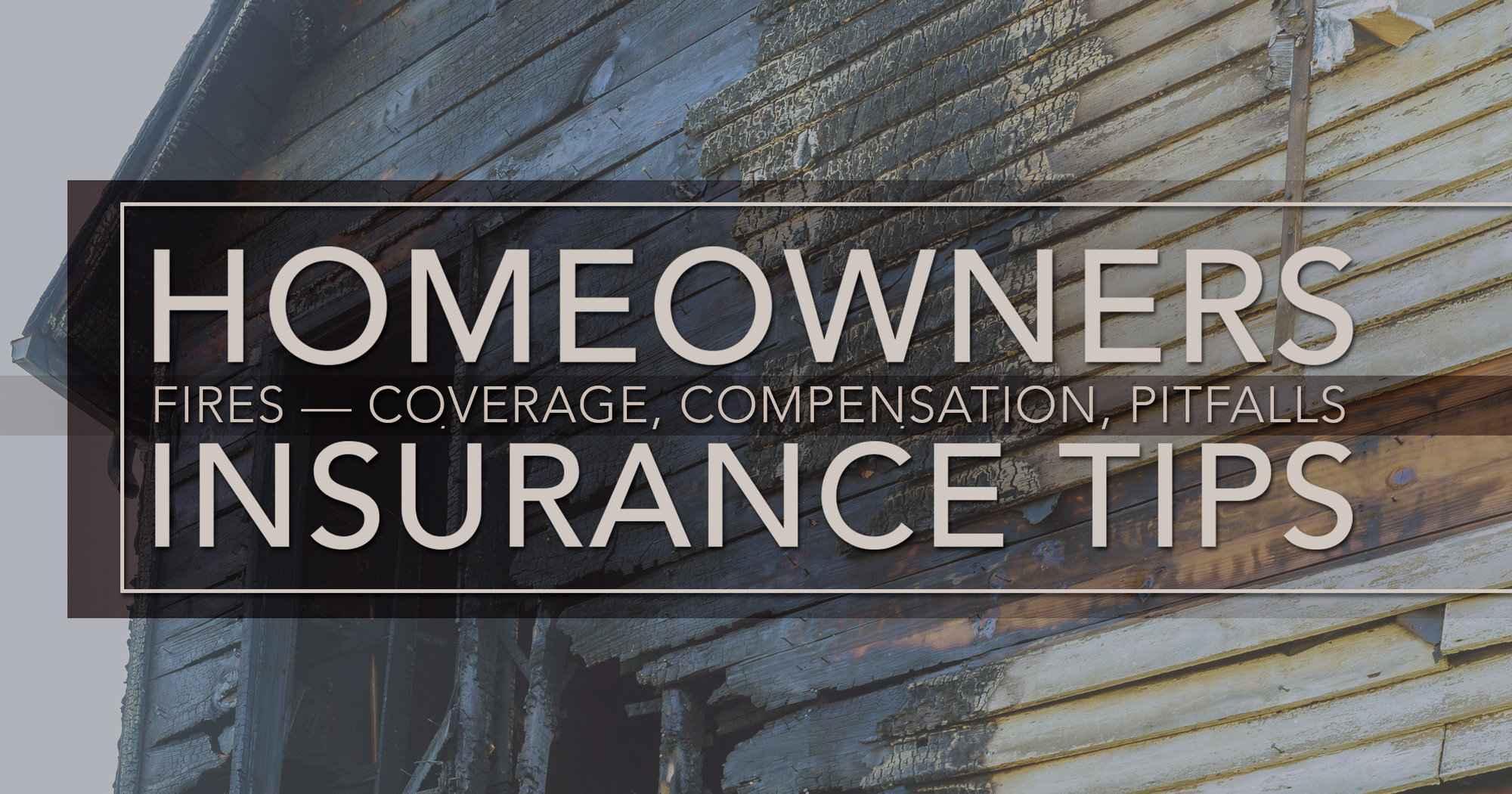Homeowners Insurance Review
Posted by Lindsey Friedman on Thursday, January 27th, 2022 at 9:00am.
Lessons Learned from the Marshall Fire: Tips from the experts to confirm you are covered
The horrific fires and loss in the Superior/Louisville area initiated many conversations amongst my real estate colleagues regarding how we can best advise our clients on homeowners insurance coverage. We also wanted to make sure that our clients who are currently renting, ready to buy, also have the right insurance to cover a catastrophic loss of their personal belongings. I consulted a few insurance professionals to understand what they are seeing after the fires in terms of compensation and some of the most common pitfalls in coverage. If you don’t have time to read, please file this and reserve a rainy afternoon to read and then take action. I know I am going to be reviewing our policies to see if they are appropriate — peace of mind as I keep those up north in my prayers.
First off, let’s look at what homeowner’s insurance is and what it covers.
Homeowner’s insurance helps project against a total loss or partial loss of a home and its contents (furniture, heirlooms, appliances, clothing, etc.) It also provides protection against personal liability, should there be an accident at your home, for example, and the injured seeks large sums to cover “pain and suffering.” Lenders require that you have home insurance and keep your policies up to date.
What does a typical homeowners policy cover?
Homeowner’s insurance used to only cover damage or loss from a fire. Now, policies protect against a number of “perils” in one “package policy.” A typical insurance policy can provide protection for the following:
- Your home
- Other structures
- Personal Property
- Loss of use or additional living expense: this can cover the cost of hotel bills or temporary housing options, eating out, and other living expenses while the home is being repaired. This can also reimburse a homeowner for lost income if a room in the home was being rented out at the time of damage.
- Personal liability
- Guest — Medical payments
With a homeowner’s insurance policy, there are forms that can provide you with the most basic coverage to comprehensive coverage, which is recommended for more expensive homes. In addition, there are some common policy exclusions that you need to ask about if you are concerned that they are not covered, such as flood damage, mold, or laws/ordinances from your HOA, for example, that may make it prohibitively expensive to rebuild.
Critical Point! The difference between replacement cost and market value and how it affects your coverage.
Replacement cost is the cost necessary to repair or replace your entire home. To understand what that cost is, a building contractor will need to provide a replacement cost estimate. This must be updated annually or when you add/remodel so that the replacement cost is accurate, especially now as building costs are increasing due to labor and supply shortages. Market value is the amount that a buyer would pay to purchase your home and its land in its current condition. The market value often does not keep pace with the replacement value, so you may be under-insured with this type of coverage.
***What we are hearing from homeowners of the Marshall Fire is that while their coverage may be, for example, $215 square foot, builders are quoting them $350+ a square foot to replace. That is a huge delta, almost insurmountable for some, to make up.
Take aways
Whenever you make a significant improvement to your home, or add to your personal property, contact your insurance agent. They need to know about these improvements to insure you have the appropriate amount of coverage
Have a home replacement cost estimate done once every 1-2 years by a contractor who can provide an estimate of rebuild costs. Your insurance agent may have referrals.
Create a list of belongings in the home — an inventory of furniture, appliances, keepsakes and jewelry, clothes, cars, bikes, etc. Take pictures.
If you are renting, make sure to buy enough insurance. If you are using a storage unit, know that the storage unit’s insurance only covers their structures, not your belongings in them.
If you are unsure, here are some helpful questions to ask your insurance agent:
- What perils are covered in the policy?
- What perils are not covered in the policy?
- Do I have the correct structure coverage?
- What are the limits of coverage, which refers to the maximum dollar amount the insurance company will pay in the event of a covered loss.
- What are the deductible amounts?
- In the event of a loss, what are the duties of the insured?
This information can also be found at Homeowners Insurance - Free Quote Now Online - State Farm®


